The Intel Core i9-9980XE CPU Review: Refresh Until it Hertz
by Ian Cutress on November 13, 2018 9:00 AM ESTTest Bed and Setup
As per our processor testing policy, we take a premium category motherboard suitable for the socket, and equip the system with a suitable amount of memory running at the manufacturer's maximum supported frequency. This is also typically run at JEDEC subtimings where possible. It is noted that some users are not keen on this policy, stating that sometimes the maximum supported frequency is quite low, or faster memory is available at a similar price, or that the JEDEC speeds can be prohibitive for performance. While these comments make sense, ultimately very few users apply memory profiles (either XMP or other) as they require interaction with the BIOS, and most users will fall back on JEDEC supported speeds - this includes home users as well as industry who might want to shave off a cent or two from the cost or stay within the margins set by the manufacturer. Where possible, we will extend out testing to include faster memory modules either at the same time as the review or a later date.
| Test Setup | |||||
| Intel HEDT | i9-9980XE i9-7980XE i9-7960X i9-7940X i9-7920X |
ASRock X299 OC Formula |
P1.40 | TRUE Copper |
Crucial Ballistix 4x4GB DDR4-2666 |
| AMD TR4 | TR2 2970WX TR2 2920X |
ASUS ROG X399 Zenith |
1501 | Enermax Liqtech TR4 |
Corsair Vengeance RGB Pro 4x8GB DDR4-2933 |
| TR2 2990WX TR2 2950X |
ASUS ROG X399 Zenith |
0508 | Enermax Liqtech TR4 |
G.Skill FlareX 4x8GB DDR4-2933 |
|
| GPU | Sapphire RX 460 2GB (CPU Tests) MSI GTX 1080 Gaming 8G (Gaming Tests) |
||||
| PSU | Corsair AX860i Corsair AX1200i |
||||
| SSD | Crucial MX200 1TB | ||||
| OS | Windows 10 x64 RS3 1709 Spectre and Meltdown Patched |
||||
| VRM Supplimented with SST-FHP141-VF 173 CFM fans | |||||
Unfortunately due to travel back and forth to the US for AMD’s Horizon Event and Supercomputing 2018, I was unable to look into overclocking performance for this review. We will hopefully cover it in another article.
Many thanks to...
We must thank the following companies for kindly providing hardware for our multiple test beds. Some of this hardware is not in this test bed specifically, but is used in other testing.


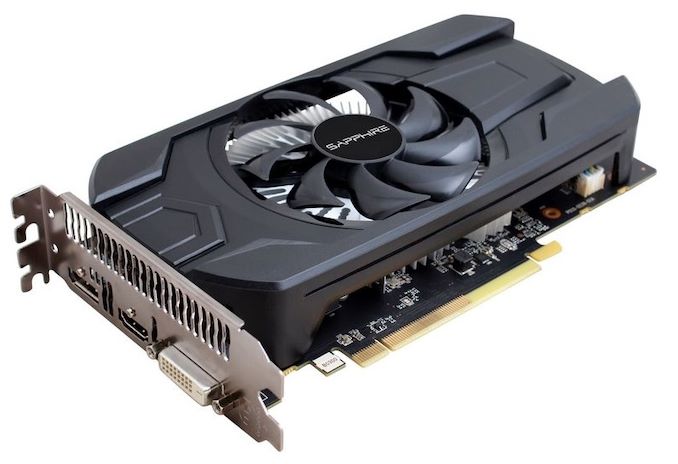
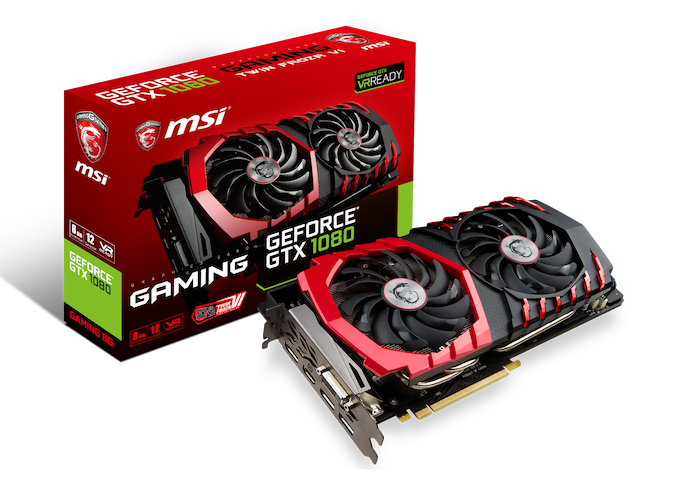
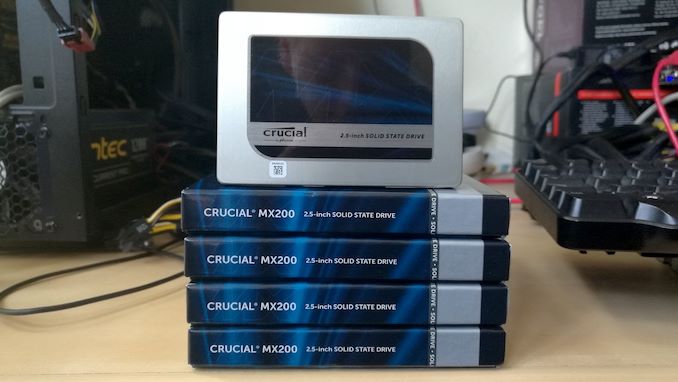
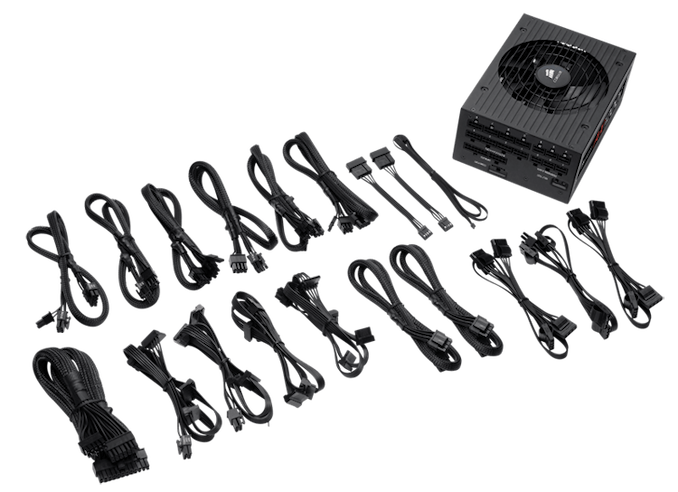
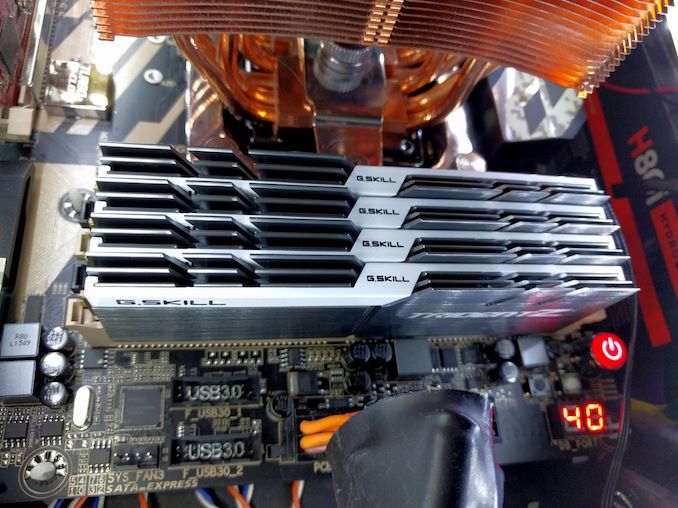
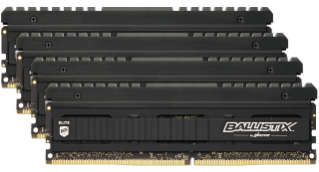
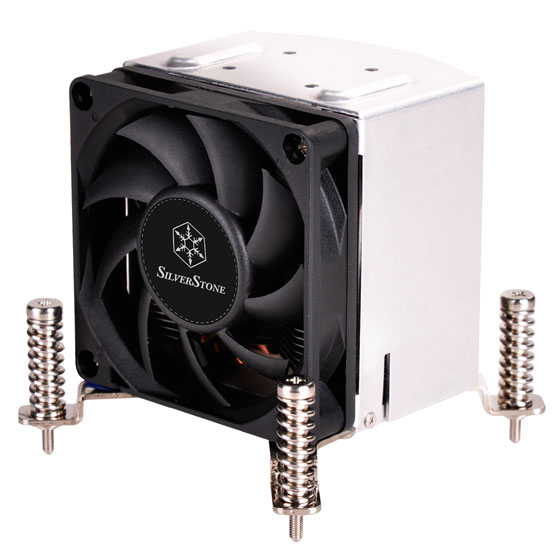
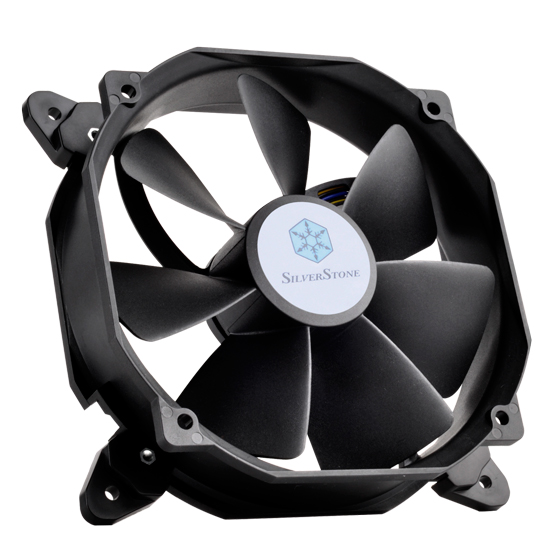








143 Comments
View All Comments
imaheadcase - Tuesday, November 13, 2018 - link
Yah because you don't do anything intensive with the jobs you have, of course you would use laptops or whatever mobile. But the reality is most people would use desktops because simply faster to get stuff done, and more powerful.BYOD fyi is not like that for most companies..
imaheadcase - Tuesday, November 13, 2018 - link
..and if you are doing anything intensive with laptops..that just means company you work for is behind the curve and just being cheap and not fork out money for the right hardware.PeachNCream - Tuesday, November 13, 2018 - link
There are over 250K people on the payroll. There ARE desktop PCs around, but they are few and far between. I'm not going to get into an extended debate about this because it won't change anyone's perspective, but I do believe you've got a slight misconception about the usefulness and flexibility of portable computer hardware. A simple look at the availability of desktops versus laptops should be enough to make it obvious, for most people, computer == laptop these days.Spunjji - Tuesday, November 13, 2018 - link
You're eliding the difference between "convenient and sufficient" and "as powerful as anyone needs".I'll absolutely grant that if you're only going to have one system for doing your work and you move around a fair bit, then it absolutely makes sense to have that system be mobile, even if you lose a bit of edge-case performance.
For people doing /serious/ GPU grunt work something like an XPS 15 is going to provide between 1/2 and 1/3 of the power they could get with a similarly priced desktop. That compromise doesn't make any sense for someone whose job does not require mobility.
So sure, notebooks are better than ever for a large number of people. Doesn't make desktops and HEDT chips functionally irrelevant for businesses, though. If you can really use 18 cores for the work you're doing then being provided with an XPS 15 will be, at best, a sad joke.
Ratman6161 - Tuesday, November 13, 2018 - link
Any laptop is essentially on a different planet than any of the processors covered in this review (doesn't matter if we are talking Intel or AMD).1. If it is possible to do your work on a laptop (which I am myself at this very moment) then you (and me) are not the target audience for these CPU's. In fact, I'm not entirely sure why you even bother to read or comment on the story?
2. If you have to ask if you need it, you don't need it.
3. If you have to think more than about 1 second to make a decision between one of these and a laptop, then you don't need it.
4. If you do need one, then you already know that.
Most people don't need one, including me. I read these things because the technology is interesting and because I find it interesting what others might be doing. I don't really feel any need to insist that others need what I need and could not possibly need anything else.
PeachNCream - Wednesday, November 14, 2018 - link
So a differing opinion than yours should mean that someone not read an article or comment on it. That appears to be nothing more than a self-protective mechanism intended to erect a bubble in which exists nothing more than an echo chamber filled with your own beliefs. That's hardly a way to integrate new thinking, but I do understand that a lot of people fear change in the same way you do.Kilnk - Tuesday, November 13, 2018 - link
"But the reality is most people would use desktops because simply faster to get stuff done, and more powerful."See, that's the problem with your reasoning. You assume that most people need power when they do not. The reality is that the majority of people who need to use computers for work do not need to do rendering or any kind of intensive task. So no, most people don't use desktops nor would they want to use desktops given the opportunity. They use laptops.
FunBunny2 - Tuesday, November 13, 2018 - link
"Now we live in a BYOD (bring your own device) world where the company will pay up to a certain amount (varies between $1,100 and $1,400 depending on funding from upper echelons of the corporation) and employees are free to purchase the computer hardware they want for their work. There are no desktop PCs currently and in the past four years, only one person purchased a desktop in the form of a NUC. "The Man's advantage to the Worker Bees using laptops: their always 'on the job'. no time off. as close to slavery as it's legal to be. some smart folks are truly stupid.
PeachNCream - Tuesday, November 13, 2018 - link
"The Man's advantage to the Worker Bees.." (just quoting because of the lack of continuing indents in Anandtech's 1990's-era comment system)I think that's a bit of a stretch in our case. My division doesn't do on-call and we strictly prohibit our lower tier managers from tapping employees outside of their normal work hours. Even checking company e-mail outside of work hours is against posted (and enforced) policy. If we must, due to emergencies, they absolutely have to be compensated for the time regardless of whether or not they are hourly or salaried workers. I haven't seen an "emergency" that couldn't wait until the next day so that policy has not been put into use in at least the last five years. Computational mobility is no excuse to allow invasions into off-the-clock time and I for one won't allow it.
jjjag - Tuesday, November 13, 2018 - link
I hate to admit it but PNC is right. Super-high-powered desktops are an anachronism. If you need REAL horsepower, you build a server/compute farm and connect to it with thin-client laptops. If you are just doing software development, the laptop cpu is usually good enough.This is especially true of single socket monsters like these HEDT chips. The only reason they exist is because gamers will pay too much for everything. It's nothing more than an expensive hobby, and like all hobbies at the top end is all "want" and very little "need". The "need" stops somewhere around 6 or 8 cores.
It's exactly the same as owning a Ferrari and never taking it to the track. You will never use more than 20% of the full capabilities of it. All you really need is a Vette.